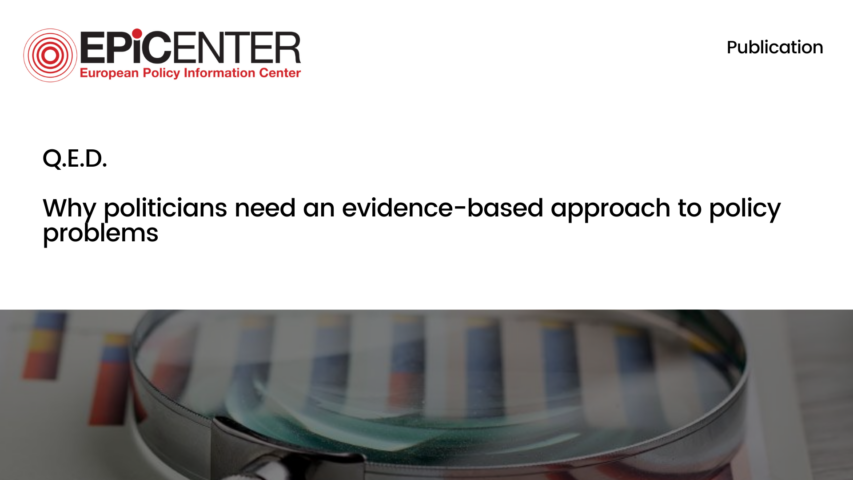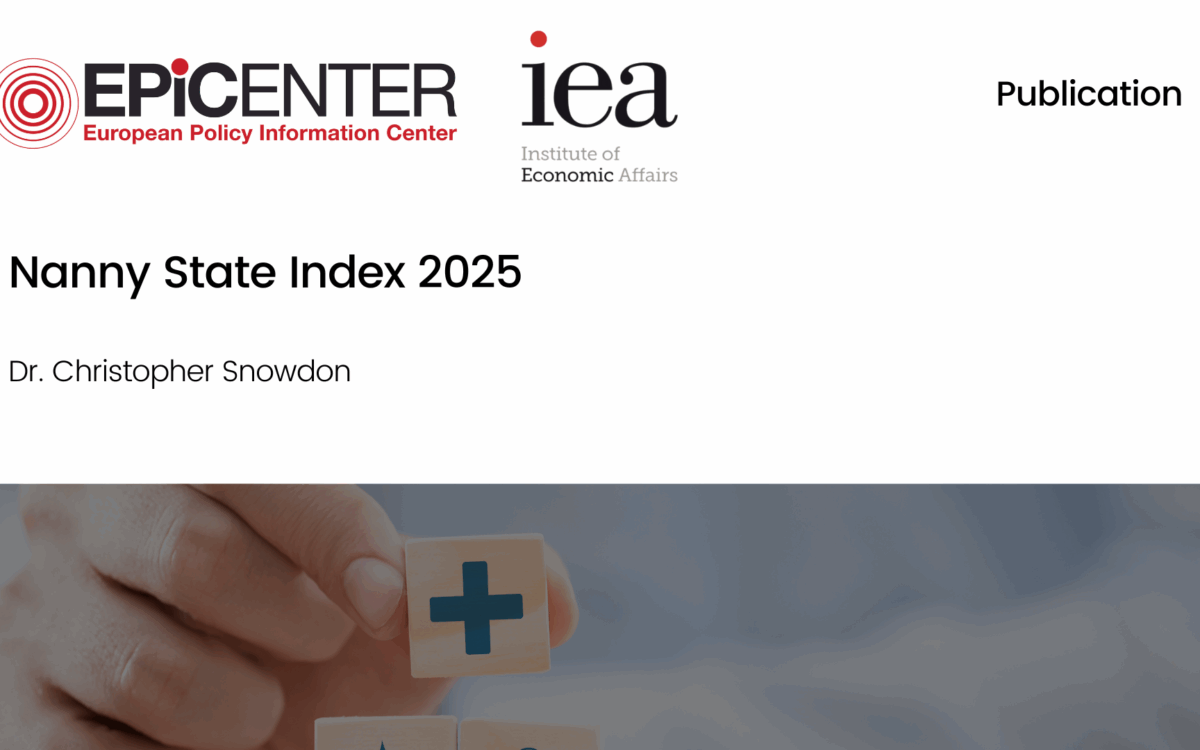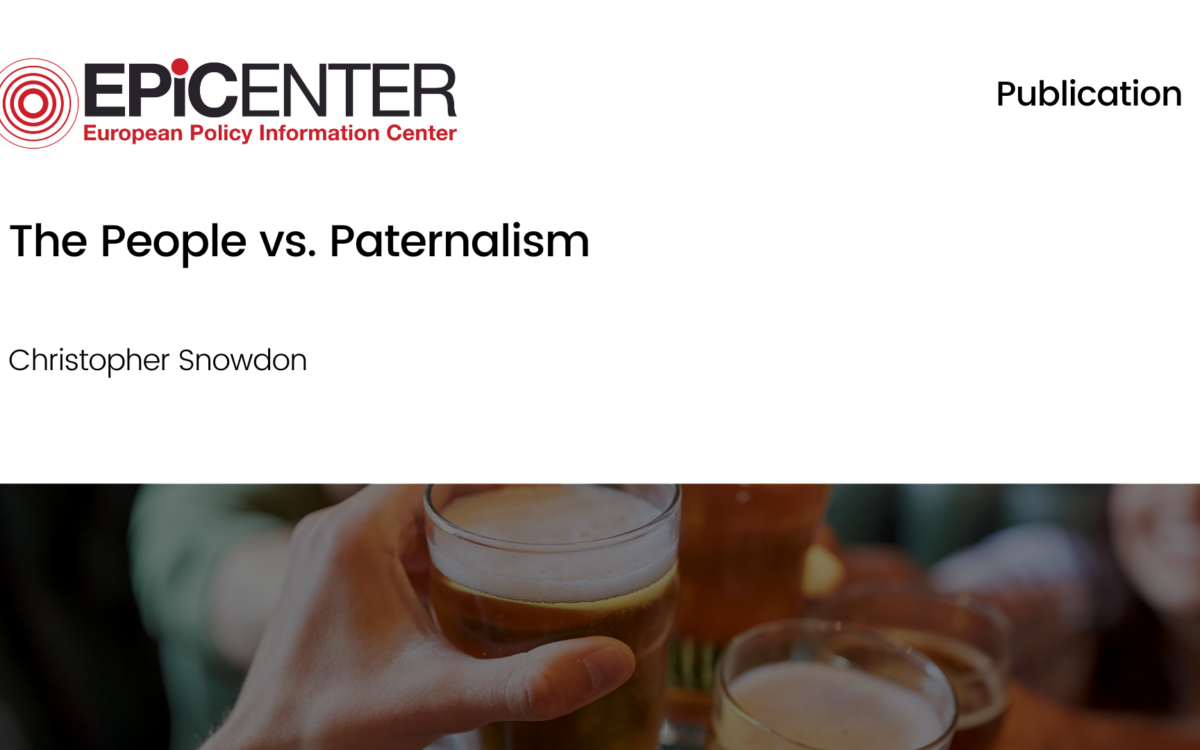Q.E.D. Why Politicians Need an Evidence-based Approach to Policy Problems

Q.E.D. Why Politicians Need an Evidence-based Approach to Policy Problems
6 February 2024
Poor policymaking has significantly contributed to Europe’s challenges across various fields. Despite politicians’ professed commitment to evidence-based policymaking, the paper highlights how decisions are infected by populism and short-termism.
The failure of energy policy has become apparent in skyrocketing bills since the Russian invasion of Ukraine. Chapter 1 outlines how policies like windfall taxes, green industrial strategies, and energy price caps harm efforts to produce more energy. The report argues for a simplified, less burdensome approach, including liberalising energy markets, removing barriers to competition such as price controls, getting rid of subsidies, and even privatising or breaking up state-controlled monopolies. The chapter also outlines how carbon pricing, which nudges markets towards lower-carbon energy production, should be used to address climate change instead of green industrial policies.
Chapter 2 highlights the failure of prohibitionist drug and nicotine policies. It reviews how bans, regulation, and over-taxation have fuelled organised violent crime and corruption, increased pressure on criminal justice systems, and been financially costly for governments. The authors recommend a ‘harm reduction’ approach highlighting the UK’s successful previous approach to vaping and the Netherlands’ and Portugal’s effective drug decriminalisation policies.
Chapter 3 addresses the difficulties of European pension systems because of ageing populations and mounting debts. The paper reveals a shortfall in European pension contributions relative to the total cost. The gap, estimated at 5.6% of the EU’s GDP, or €823 billion, in 2021, and is only likely to grow, making it imperative for policymakers to proactively reform pension systems as they become unsustainable.
Chapter 4 finally highlights the failure to follow the evidence in agricultural policy, epitomised by inefficient state studies and overregulation of innovations like genetically modified organisms (GMOs). A more evidence-based approach could increase efficiencies and lower consumer food prices.
Download or share this publication
View the PDF
EPICENTER publications and contributions from our member think tanks are designed to promote the discussion of economic issues and the role of markets in solving economic and social problems. As with all EPICENTER publications, the views expressed here are those of the author and not EPICENTER or its member think tanks (which have no corporate view).



